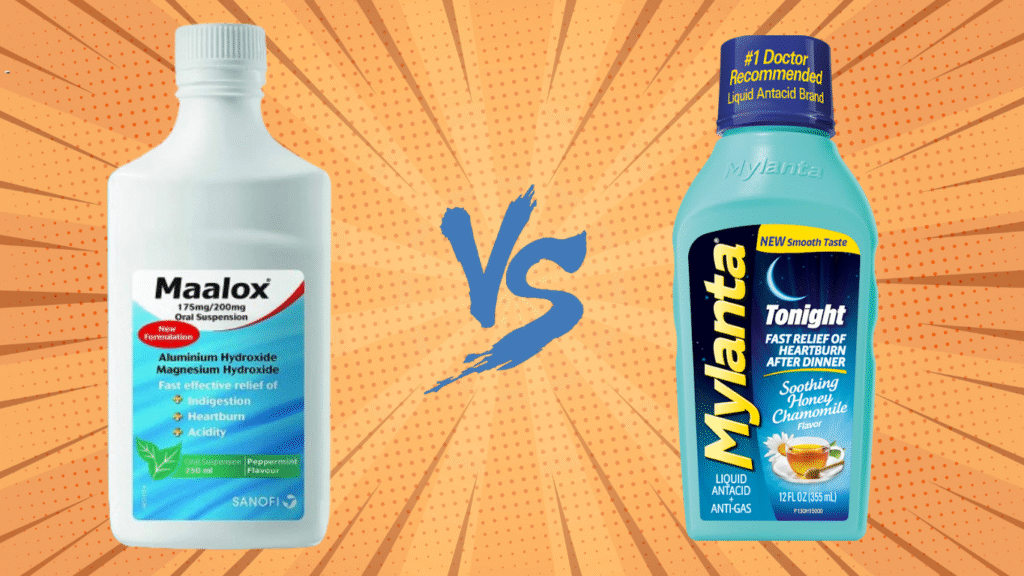Magnesium is an essential mineral involved in more than 300 biochemical processes in the body—including muscle and nerve function and blood pressure regulation. A lesser-known but highly effective form of magnesium is magnesium sulfate, commonly called Epsom salt.
In this article, we’ll learn what magnesium sulfate is, its mechanism of action, different ways it can be used, and who should avoid using it.
What is Magnesium Sulfate?
Magnesium sulfate (MgSO₄) is a chemical compound composed of magnesium, sulfur, and oxygen. It is often available in both medical and household forms, with Epsom salts being the most popular choice for baths and external use.
Unlike magnesium glycinate or citrate, which are primarily taken by mouth, magnesium sulfate is typically applied to the skin or given intravenously, especially in healthcare settings.
Forms of Magnesium Sulfate
1. Topical (Epsom salt baths)
This is the most common form for home use. Adding Epsom salt to warm bath water can cause the skin to absorb magnesium, helping to reduce muscle pain and tension.
2. Oral (laxative form)
Magnesium sulfate is also available as a saline laxative to get relief from constipation. It should only be used under supervision and sparingly.
3. Intravenous (IV) or injection
In the medical world, magnesium sulfate is used for serious conditions, such as:
- Seizures caused by eclampsia in pregnant women
- Severe asthma attacks
- Magnesium deficiency that cannot be resolved with oral treatment.
Health Benefits of Magnesium Sulfate
Muscle relaxation and pain relief
Magnesium relaxes muscles by reducing inflammation and enhancing nerve function. Taking a warm bath with Epsom salts may help relieve muscle aches, post-exercise discomfort, or minor sprains.
Constipation relief
As an osmotic laxative, oral magnesium sulfate draws water into the intestines, softening stools and promoting bowel movements. However, it must be used with caution to prevent dehydration or dependency.
Stress and anxiety reduction
Taking a warm bath with Epsom salts is not only soothing—it can also increase magnesium levels in the body, which may help lower cortisol levels and reduce symptoms of anxiety.
Emergency medical uses
In the medical field, magnesium sulfate serves as an important drug for:
- Prevention of seizures (preeclampsia/eclampsia) in pregnant women
- Treatment of specific cardiac arrhythmias
- Management of magnesium deficiency in critically ill patients
How to Use Magnesium Sulfate
Epsom Salt Baths
- Add 2 cups of Epsom salt to a normal-sized bathtub filled with warm water.
- Simmer for 12 to 20 minutes, 2 to 3 times a week.
- Helps with muscle recovery, promotes skin health and provides stress relief.
Oral Intake for Constipation
- Follow the labelled directions on the packaging or consult your healthcare provider
- Usual adult dosage: Mix 2 to 4 teaspoons of Epsom salt in a glass of water.
- Do not exceed the recommended dosage – excessive intake can cause dehydration or electrolyte imbalance.
Intravenous or Injection
- Should only be given by medical professionals.
- Use in controlled amounts in emergency situations or when taking oral magnesium is not possible.
Magnesium Sulfate vs Other Forms of Magnesium
| Form | Best Use | Absorption | Notes |
|---|---|---|---|
| Magnesium Sulfate | Muscle relief, constipation, emergency | Moderate | Great for baths and quick results |
| Magnesium Citrate | Constipation, general use | High | Mild laxative effect |
| Magnesium Glycinate | Anxiety, sleep, long-term use | High | Gentle on the stomach |
| Magnesium Oxide | Digestive aid, magnesium boost | Low | Common, but lower bioavailability |
Side Effects & Precautions
Although magnesium sulfate is generally safe when used correctly, it’s important to be aware of its potential risks:
Possible Side Effects
- Diarrhea
- Stomach cramps
- Nausea or bloating
Overdose Symptoms
- Irregular heartbeat
- Confusion or drowsiness
- Low blood pressure
- Muscle weakness
Precautions
- People with kidney disease should not use magnesium sulfate unless they are directed by a doctor.
- If you are already taking magnesium supplements, avoid taking it by mouth.
- If you are pregnant, breast-feeding, or taking any medications (especially antibiotics, heart medications, or diuretics), always consult a doctor before using magnesium sulfate.
Frequently Asked Questions
Can I use Epsom salt every day?
Occasional use is generally safe, but daily use may cause magnesium overdose in sensitive people. Aim to use it 2-3 times a week.
Is magnesium sulfate good for sleep?
In fact, magnesium increases the function of GABA in the brain, helping to relax the nervous system and contributing to better sleep.
Can I ingest Epsom salt?
Only if the label clearly states that it is food or pharmaceutical grade. Always follow dosage instructions exactly.
Are there foods that contain magnesium sulfate?
Magnesium is found naturally in foods such as leafy vegetables, nuts and whole grains – although it is not exclusively present in the form of magnesium sulfate.
Conclusion
Magnesium sulfate is a multifunctional and powerful compound that provides benefits such as muscle relaxation, stress relief, and even serious emergency medical care. Whether used in a soothing bath or administered under professional guidance, it is an excellent way to restore magnesium levels and improve your overall health.
Like any supplement or treatment, it is important to use it responsibly. Always consult a healthcare professional before using magnesium sulfate internally, especially if you have any existing health conditions.








Cool Post.
I’d always want to be update on new articles on this site, saved to fav! .